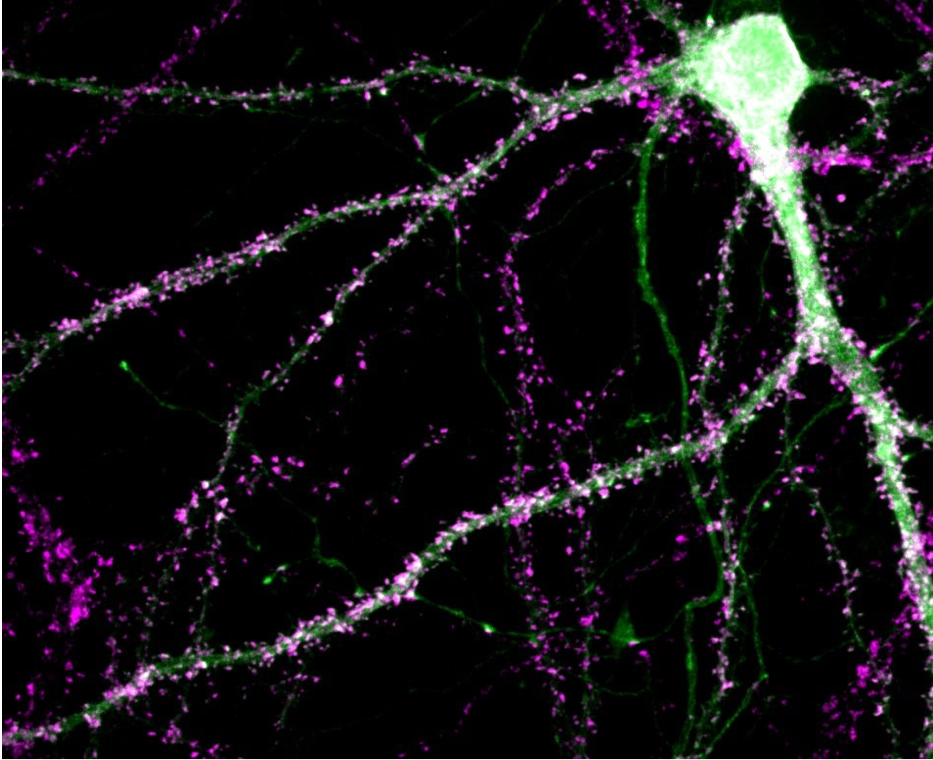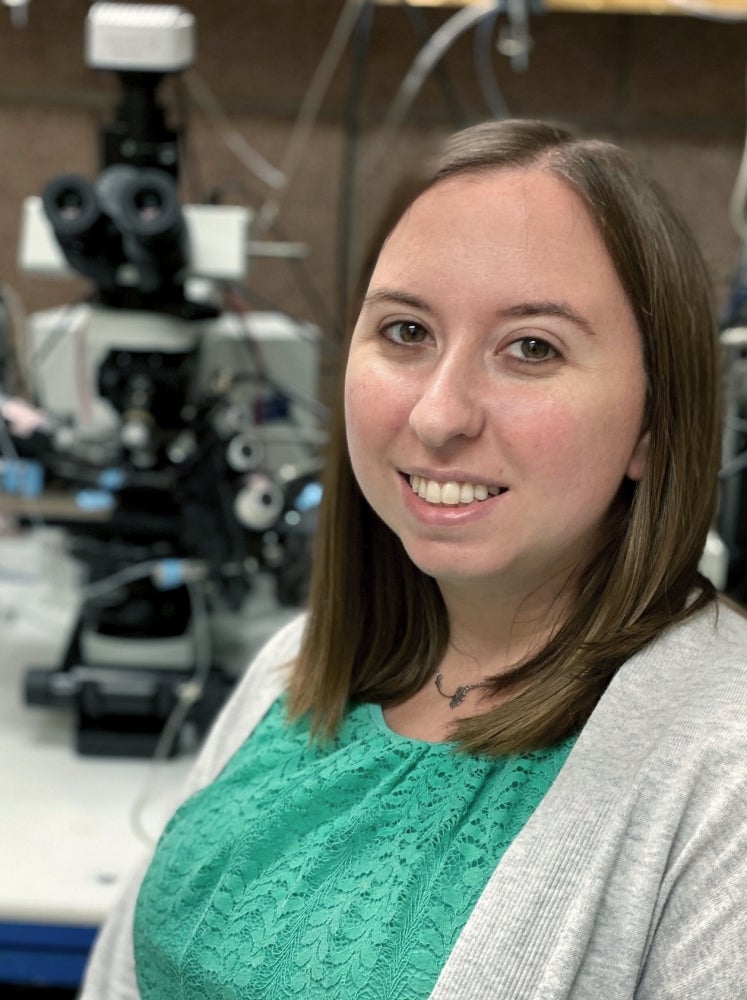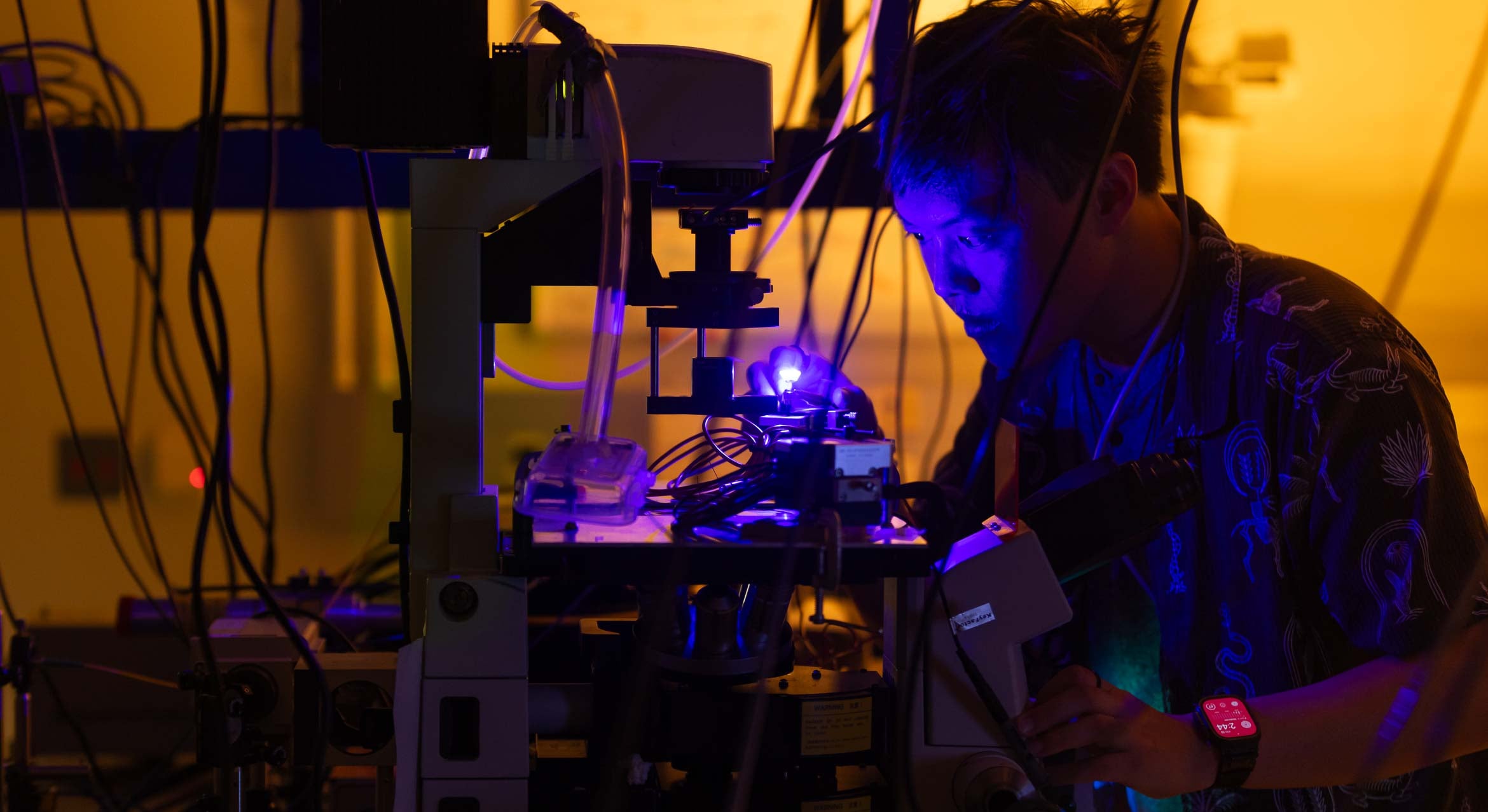
Loose Connections

Binge drinking and alcoholism affect tens of millions of people throughout the country. While it’s certainly a social issue, research has shown that the behaviors and dependencies can have neurological roots.
For her work investigating how alcohol and other commonly misused drugs hijack the brain’s adaptability — which leads to anxiety, addiction and other mental health issues — UC Santa Barbara postdoctoral researcher Samantha Scudder has received a $70,000 Young Investigator Grant from the Brain & Behavior Research Foundation.
“To receive this grant as a postdoc is really a huge honor,” said Scudder, who works with Karen Szumlinski, a professor in the Department of Psychological & Brain Sciences. “It means that the foundation has identified a lot of promise in my research and is willing to support my projects and allow me to become more independent.”
“Dr. Scudder is an excellent young investigator, highly deserving of this award,” noted Szumlinski. "This project should enlighten us as to the neurophysiology of binge-drinking, which is relevant to the etiology and treatment of Alcohol Use Disorder," she added.
Scudder’s research uniquely blends the basic science of molecular biology with a focus on public health. She was drawn to neuroscience early on by the sheer number of open questions in the relatively new field. “Normally when you have an undergrad class, people are telling you a series of facts that have been discovered,” she said. “But in neuroscience, it was very much still, ‘we have no idea. We’re still figuring it out.’”
She was particularly interested in synaptic plasticity, the capability of neurons to adjust their connections to one another. “One pretty easy way to elicit changes in a nervous system is to introduce a drug of abuse,” Scudder explained, “and that was really convenient because I was also interested in the question of addiction, and how addiction is essentially bad plasticity in the brain.”
Neural plasticity has become a hotbed for research and healthcare. Scientists and doctors continue to find that the brain is far more robust and adaptable than they had expected, completely changing how we approach neuroscience and medicine.
Plasticity occurs at many levels of the brain, including the molecular level. A human brain contains around 86 billion neurons, each of which has 1,000 to 10,000 connections, or synapses. In general, communication between two neurons involves one releasing chemicals, called neurotransmitters, into the gap between the cells where they are then picked up by receptors on the second neuron. This triggers an electrical pulse that travels across the second neuron until it reaches the next synapse, and the process repeats.
The number and type of neurotransmitters and receptors involved influences the type of response the signal elicits. Scudder wants to determine how drugs of abuse reshape these neural circuits. Her findings could lead to new tools for recognizing tendencies for developing addictions as well as possible ways to treat them.
For instance, her advisor’s research group found that subtly altering the structure of a receptor for the neurotransmitter glutamate doubled the amount of binge drinking in mice. This change was the result of a mutation in a single gene.
“A big appeal of the research that I’m doing is that it helps us understand what alcohol does to the brain,” Scudder said. “And if we can develop druggable targets, then maybe we can help people that have been struggling with life-long alcoholism.”
Scudder said she was excited that the foundation’s decided to invested in her work in basic neuroscience, noting that it is more fundamental, rather than clinical or translational, compared to many projects they fund. Basic research is necessary for big breakthroughs, and she expressed her appreciation for the foundation’s willingness to fund such efforts.
The grant will allow her to purchase cutting-edge equipment and new model organisms. “A lot of the questions that we ask now just weren’t possible more than 30 years ago,” Scudder said. “Now that we have all these tools at our disposal, we have so much that we can figure out.”
The Brain & Behavior Research Foundation is a non-profit organization committed to alleviating the suffering caused by mental illness. Their Young Investigator Grant program provides support for the most promising young scientists conducting neurobiological and psychiatric research.



